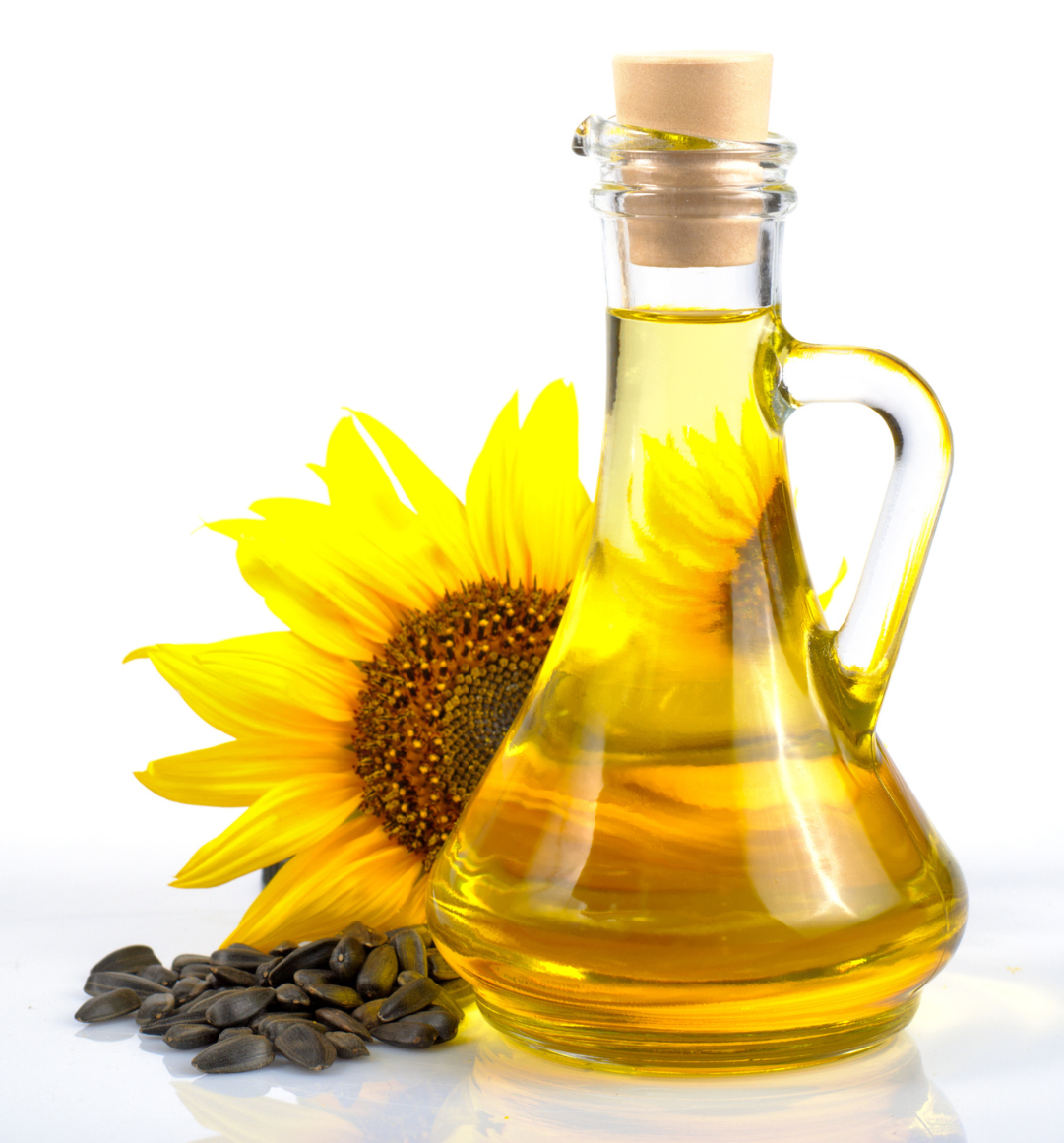Sunflower oil or marigold oil is an oil of vegetable origin that is extracted from pressing the seeds of the head of the sunflower plant, also called chimalate, jáquima, marigold, mirasol, tlapololote, teja corn.
Origin of the plant: It is native to North America, where it was probably cultivated around 1000 BC. C. From there the Spanish exported it to Europe at the beginning of the 16th century. The extensive and documented cultivation of sunflower in Spain began in 1964 in the western part of Andalusia, and today it is the most consumed seed oil in Spain and perhaps in Europe.
The oil is used as a biological fuel to produce biodiesel for cars with diesel engines. It is a viable alternative to gasoline and, even better, to diesel fuel (along with rapeseed oil and others), although with high polluting effects, a fact that contradicts the general opinion of citizens. This aspect is verified by studying the combustion of oleic acid.
Different types of sunflower oil are available on the market: normal, with a higher linoleic acid content, and high-oleic, with oleic acid contents that can reach up to 90%. Furthermore, during the last decade seed companies have developed high-saturated varieties, which allow their use in industrial frying, in the manufacture of margarines, pastries, and ice cream at low cost.
An example of the fatty acid composition of the most widely marketed sunflower oil, per 100 g, is the following:
■ 62.3 g of polyunsaturated fatty acids, of which, 62.21 g of linoleic acid (omega 6) and 0.061 g of linolenic acid (omega 3).
■ 25 g of monounsaturated fatty acids.
■ 12 g of saturated fatty acids.
Although recently, through genetic modification, varieties with a higher percentage of monounsaturated fatty acids have been achieved to obtain greater resistance to oxidation. This variety is called high oleic sunflower oil:
■ 85 g of monounsaturated fatty acids.
■ 4 g of polyunsaturated fatty acids.

